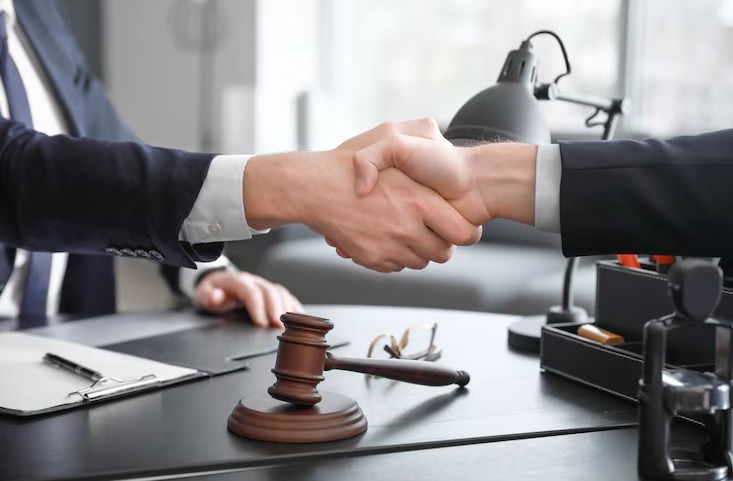What are Opening Statements by a Criminal Defence Lawyer?
- vhlegal
- Mar 13, 2024
- 3 min read

Opening statements by a criminal lawyer are critical components of the trial process, setting the stage for the case to unfold before the judge and jury. These statements are not evidence but rather an outline or preview of what the criminal defence lawyer in Brampton intends to prove during the trial. This blog will explore the significance, structure, and strategies behind crafting effective opening statements in criminal trials.
Significance of Opening Statements
An opening statement serves multiple purposes in a criminal trial:
Setting the Tone: It allows the attorney to establish rapport with the jury and lay the groundwork for the arguments they will present.
Outlining the Case: The criminal defence lawyer outlines the key points they intend to prove, providing a roadmap for the jury to follow throughout the trial.
Establishing Credibility: By presenting a clear and coherent narrative, the lawyer seeks to establish their credibility and the credibility of their client's case.
Engaging the Jury: Opening statements are the first opportunity for the lawyer to engage the jury emotionally and intellectually, making a compelling case for their client's innocence or guilt.
Structure of Opening Statements
While there's no one-size-fits-all approach to crafting an opening statement, most follow a similar structure:
Introduction: The criminal defence lawyer introduces themselves, their client, and the basic facts of the case. It sets the stage for the narrative that will unfold during the trial.
Theme: The lawyer establishes the overarching theme or theory of the case. This theme serves as a lens through which the jury will interpret the evidence presented.
Facts: The criminal defence lawyer presents a brief overview of the facts of the case, highlighting key pieces of evidence and witnesses they intend to call.
Legal Framework: The attorney explains the relevant legal principles that apply to the case, helping the jury understand the legal context in which the evidence will be presented.
Emotional Appeal: Depending on the nature of the case, the lawyer may emotionally appeal to the jury, appealing to their sense of justice, fairness, or empathy.
Conclusion: The criminal defence lawyer summarises the key points they've made and previews the evidence and witnesses they will present during the trial.
Strategies for Effective Opening Statements
Crafting an effective opening statement requires careful planning and consideration. Here are some strategies that criminal attorneys often employ:
Be Concise: Opening statements are concise and to the point. Avoiding unnecessary details or legal jargon prevents confusion and overwhelming the jury.
Tell a Compelling Story: Effective opening statements tell a compelling story that captures the jury's attention and creates empathy for the client. Use vivid language and imagery to bring the case to life.
Establish Credibility: Lawyers establish their credibility early on by presenting themselves as knowledgeable, trustworthy, and well-prepared.
Focus on Strengths: Highlight the strengths of your case during the opening statement, but be honest about any weaknesses. Acknowledging weaknesses upfront can help build credibility with the jury.
Engage the Jury: Use rhetorical devices such as repetition, contrast, and rhetorical questions to engage the jury and make your points memorable.
Anticipate Counterarguments: Consider how the opposing counsel might respond to your arguments and preemptively address any potential counterarguments during your opening statement.
Conclusion
Opening statements play a crucial role in criminal trials, laying the foundation for the arguments and evidence that will be presented during the trial. By crafting a clear, concise, and compelling opening statement, a top criminal lawyer like Vincent Houvardas can effectively communicate their client's case to the judge and jury, increasing the chance of a favourable outcome. The leading criminal defence lawyer in Brampton can set the stage for success in the courtroom through detailed planning, strategic thinking, and convincing storytelling.






Comments